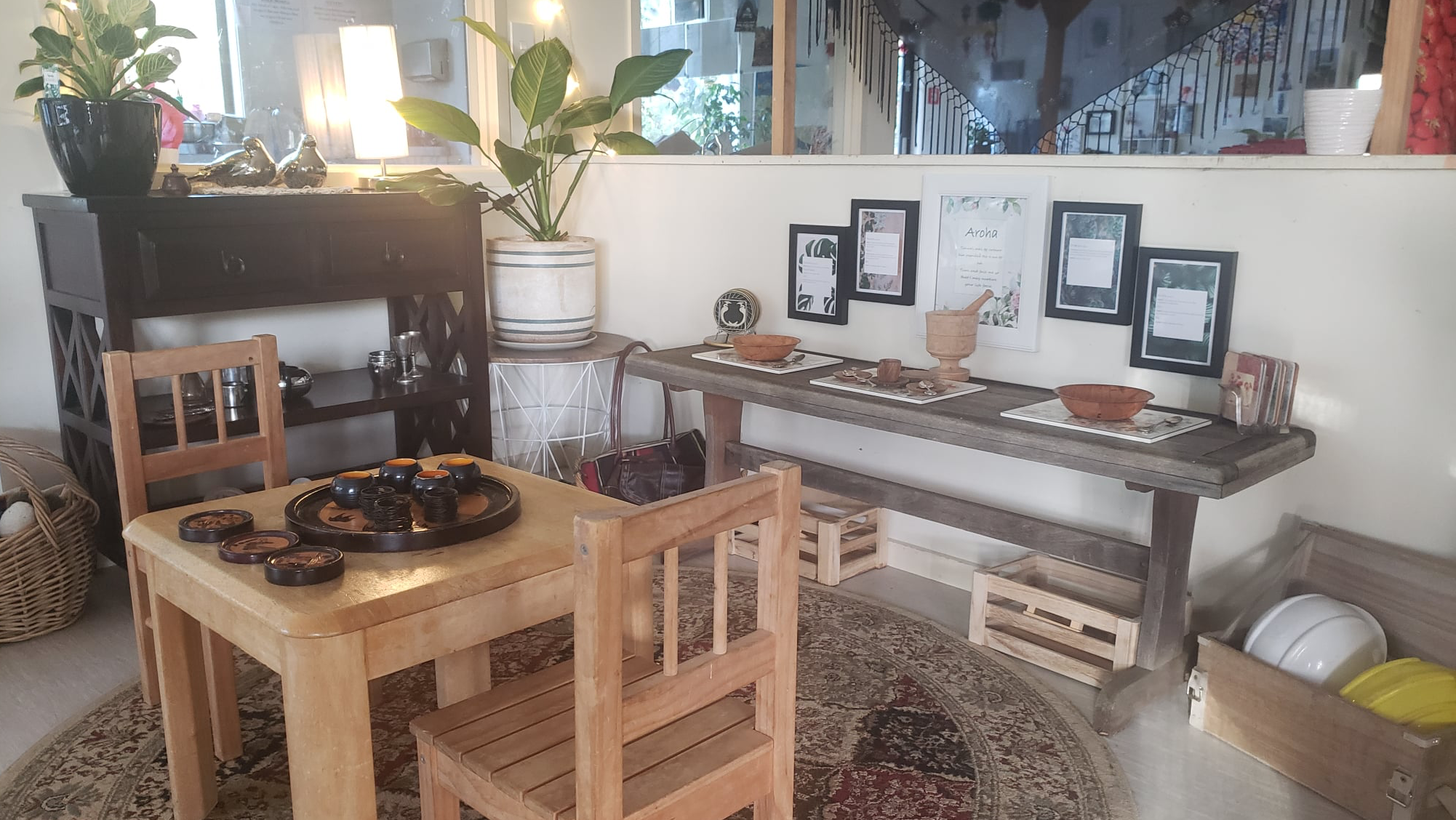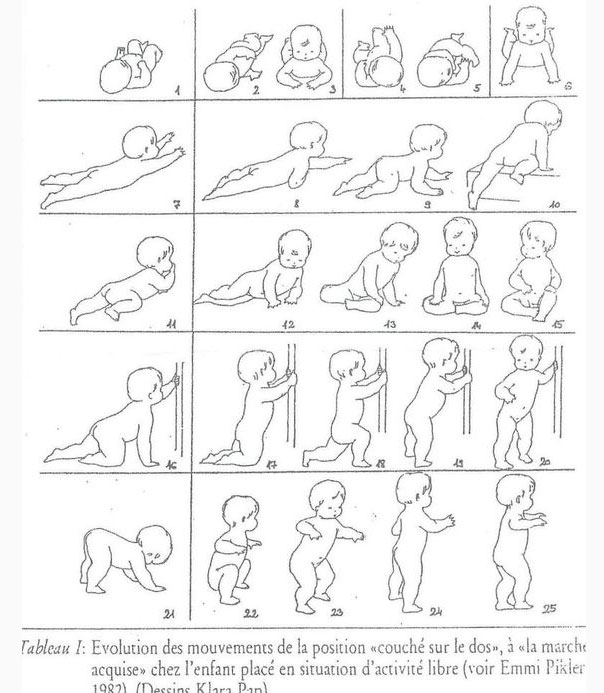Infant & Toddler Practice
The infant and toddler programme at Inspiring Minds is inspired by the practice of Emmi Pikler and Magda Gerber. This practice is based on respect. We allow tamariki the time, space, freedom, and support to be themselves and discover the world in their own way. Relationships are the foundation of all that we do at Inspiring Minds. We use a Primary Care system where one kaiako takes sole responsibility for a tamariki to help them settle into their new environment and to establish a relationship with that tamariki and their whānau. This system of primary care builds a strong relationship between tamariki and kaiako adding to the security that tamariki feel within this environment. When tamariki feel secure, they feel confident to play and learn.
Infant and toddler kaiako work closely together, openly communicating with each other to develop a consistent routine for each tamariki. This consistency from a primary and secondary caregiver, builds relational trust for the tamariki – that their needs will be met as they require, which helps them to feel safe to explore.
We believe that each tamariki is an initiator, an explorer and a self-learner. We ensure that the environment is physically safe, cognitively challenging, and emotionally nurturing. Kaiako take care to set up appropriate play objects in aesthetically pleasing ways taking into account the age, developmental stage, and personal interests of the tamariki. Play for an infant means being free to move in their body. Play also means being free to choose what to play with and to play with it for as little or as long as they want. Uninterrupted play promotes concentration and a long attention span. When we interrupt a tamariki, we stop what they are doing, whatever process they may be in the middle of, as they focus on us. Our interruptions, no matter how well intended, become distractions.
Infants and toddlers are curious and love to interact with each other. This is very much encouraged with a kaiako always close by. The open plan outdoor environment means tamariki of all ages can interact freely. Our infants and toddlers all have very special relationships with each other and kaiako support strategies for these interactions.
Free Movement is an important aspect of our practice. Every average, healthy tamariki learns to roll, sit, crawl, stand, and walk. It is unimportant when they reach each developmental milestone. We respect and trust infants to develop skills at their own pace. Tamariki are not placed into a position that they cannot get in or out of on their own. “Babies who are given freedom to move and develop in their own way gain a self knowledge that keeps them safer. Their inner sense of balance and judgment intact, movements are carefully calculated and they tend to make fewer reckless moves” (Magda Gerber).
Care moments are special moments that tamariki have one-on-one with their primary caregiver. This includes changing nappies; having bottles; eating times; and getting dressed. During these times, kaiako focus fully on the tamariki and engage them in the routine by talking about what is happening. This means they will not engage in conversation with anyone else during this time. Cooperation is encouraged so tamariki become active participants in the process. Active participation makes the process enjoyable for both kaiako and tamariki.
Magda Gerber’s famous quote is “Observe More, Do Less”. From our observations come answers. No one knows for certain what a baby is thinking or feeling, but observing is the best way to tune into a child. At Inspiring Minds the kaiako spend a lot of time sitting back and observing the tamariki as they explore and discover the world around them. By observing, we gather information about the tamariki, which aids us in understanding their needs, and interests, helping us to better provide for them.
Another important moment between kaiako and tamariki is mealtimes. Mealtimes are flexible; tamariki can come to the table when they are hungry and ready to eat. All tamariki are entrusted to use real bowls, plates, and glasses. We give tamariki the opportunity to make choices and be actively involved to make mealtimes pleasurable.
Tamariki sit at a low table where their feet can touch the floor and are only sat at the table when they are able to get into the chairs themselves. Until this time, infants are held on their primary caregivers lap for mealtimes. Bottles are also always given to tamariki on their primary caregivers lap. The flexibility, choice, and responsibility that tamariki experience during mealtimes helps to create a very meaningful learning opportunity and a positive attitude towards food.
The kaiako at Inspiring Minds believe wholeheartedly in this style of teaching practice and are very passionate about sharing this information with the community.
Additional Information about this style of practice
We have the following books available at Inspiring Minds:
- “Your self-confident baby,” by Magda Gerber
- “Dance with me in the heart,” by Penny Brownlee
- “Dear Parent: Caring for Infants with respect,” by Magda Gerber
Facebook page: Janet Lansbury – Elevating Childcare
“Knowledge is experience. Everything else is information” Albert Einstein




